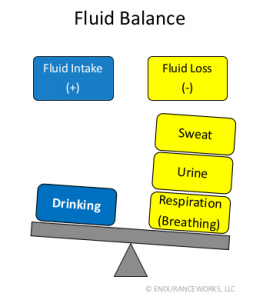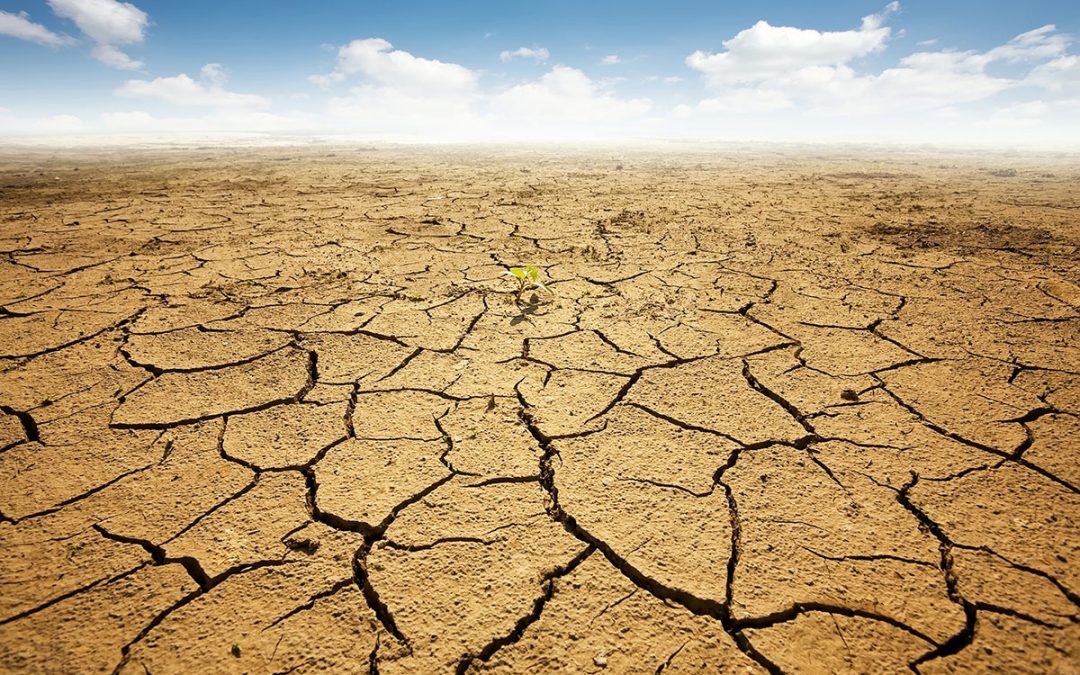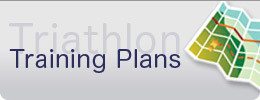The National Weather Service issued another heat advisory for us today in Southern California. High temperatures are forecasted to be above 100 F (37.8 C) through the end of this week. It’s even warmer in places like Las Vegas and Phoenix. Other cities are experiencing both hot temperatures and high humidity.
When you consider that more than 70% of the energy required for movement is converted to heat, keeping your body from overheating while exercising in hot weather is quite a challenge.
Here are three tips for training in the heat:
- Train at Cooler Times or in Cooler Locations
- Hydrate Smartly
- Protect Yourself from the Sun
Train at Cooler Times or in Cooler Locations
Train early or train late. One of my clients told me last week that he begins his rides at 11 PM to avoid the worst of the heat in Phoenix. Other athletes start their rides or runs early in the morning. When riding or running in the dark, “light yourself up like a Christmas tree” for safety.
If you don’t have the luxury or the time availability to train early or late then consider moving your workouts indoor. Use a fan to cool yourself and keep fluids nearby.
Hydrate Smartly
 Water is lost from the body through sweat, urine and breathing (respiration). Water is replaced only by drinking. Too much water loss results in dehydration, which negatively impacts:
Water is lost from the body through sweat, urine and breathing (respiration). Water is replaced only by drinking. Too much water loss results in dehydration, which negatively impacts:
Dehydration negatively impacts your:
- muscle function,
- blood viscosity (blood becomes thicker),
- perceived effort (efforts feel harder in hot temperatures versus cooler temperatures),
- body’s ability to cool itself (humans physiologically rely on sweating and alterations in blood flow to adjust to different external environments) and
- potential for GI distress (more difficult for your body to absorb fluids and fuel through the gut)
The American College of Sports Medicine states that the “goal of drinking during exercise is to prevent excessive (>2% body weight loss from water deficit) dehydration and excessive changes to electrolyte balance to to avert compromised performance.” Rehydrate with a sports drink formulated to maximize gastric emptying (4 to 8% carbohydrate solution with electrolytes) and speed absorption of both carbohydrates and electrolytes. Freeze your bottles before long training sessions – you are more likely drink cooler beverages and flavors you like.
For long rides and runs, schedule in stops to pick up needed fluids. You can also stage bottles ahead of time or ride/run multiple loops of a course to pick up more fluids from your starting point.
Fluid intake rarely matches rate of fluid loss so you will likely become dehydrated over duration of a long training session or race in spite of consuming fluids. As such, rehydrate >100% of fluid lost post-exercise to account for subsequent urine losses.
However, stay away from too much plain water. Hyponatremia, which is caused by drinking too much plain water before and during exercise and/or too much sodium loss during exercise. Symptoms (some are similar to symptoms of dehydration) include: rapid weight gain (post exercise), bloating, swollen hands and feet, nausea, vomiting, throbbing headache, dizziness, confusion and disorientation. Athletes at greater risk are heavy sweaters and slower athletes training for longer duration events like IRONMAN triathlons.
Not sure how much you sweat? By measuring your change in weight during exercise (while considering fluid consumption), you can estimate your sweat rate.
Protect Yourself From the Sun
Apply a broad spectrum, waterproof sunscreen of at least SPF 30 when training. Sunscreen should be applied again between workouts if doing back-to-back sessions.
Wear light-colored clothing to reflect radiant heat and provide sun protection. Consider wearing protective arm coolers on the bike and run plus a hat or visor when running. Placing ice in your in your jersey or under a hat will also help with cooling.
Bottom line: Be safe and smart with your training in the heat.
Stay cool and good luck!
David
—
 Coach David Glover, MS, CSCS has completed 28 IRONMAN distance triathlons, which includes two sub 9 hour finishes and winning Vineman Full twice. Now, David’s passion now is helping triathlete and other endurance athletes achieve their dreams through his online triathlon education and training company, ENDURANCEWORKS. David has an MS in Exercise Physiology and is certified as a coach by IRONMAN Triathlon, USA Triathlon and USA Cycling plus has his CSCS from NSCA. After six years of living, training and coaching in the triathlon mecca of Boulder, CO, David currently resides in Southern California.
Coach David Glover, MS, CSCS has completed 28 IRONMAN distance triathlons, which includes two sub 9 hour finishes and winning Vineman Full twice. Now, David’s passion now is helping triathlete and other endurance athletes achieve their dreams through his online triathlon education and training company, ENDURANCEWORKS. David has an MS in Exercise Physiology and is certified as a coach by IRONMAN Triathlon, USA Triathlon and USA Cycling plus has his CSCS from NSCA. After six years of living, training and coaching in the triathlon mecca of Boulder, CO, David currently resides in Southern California.


